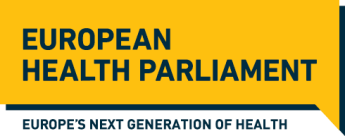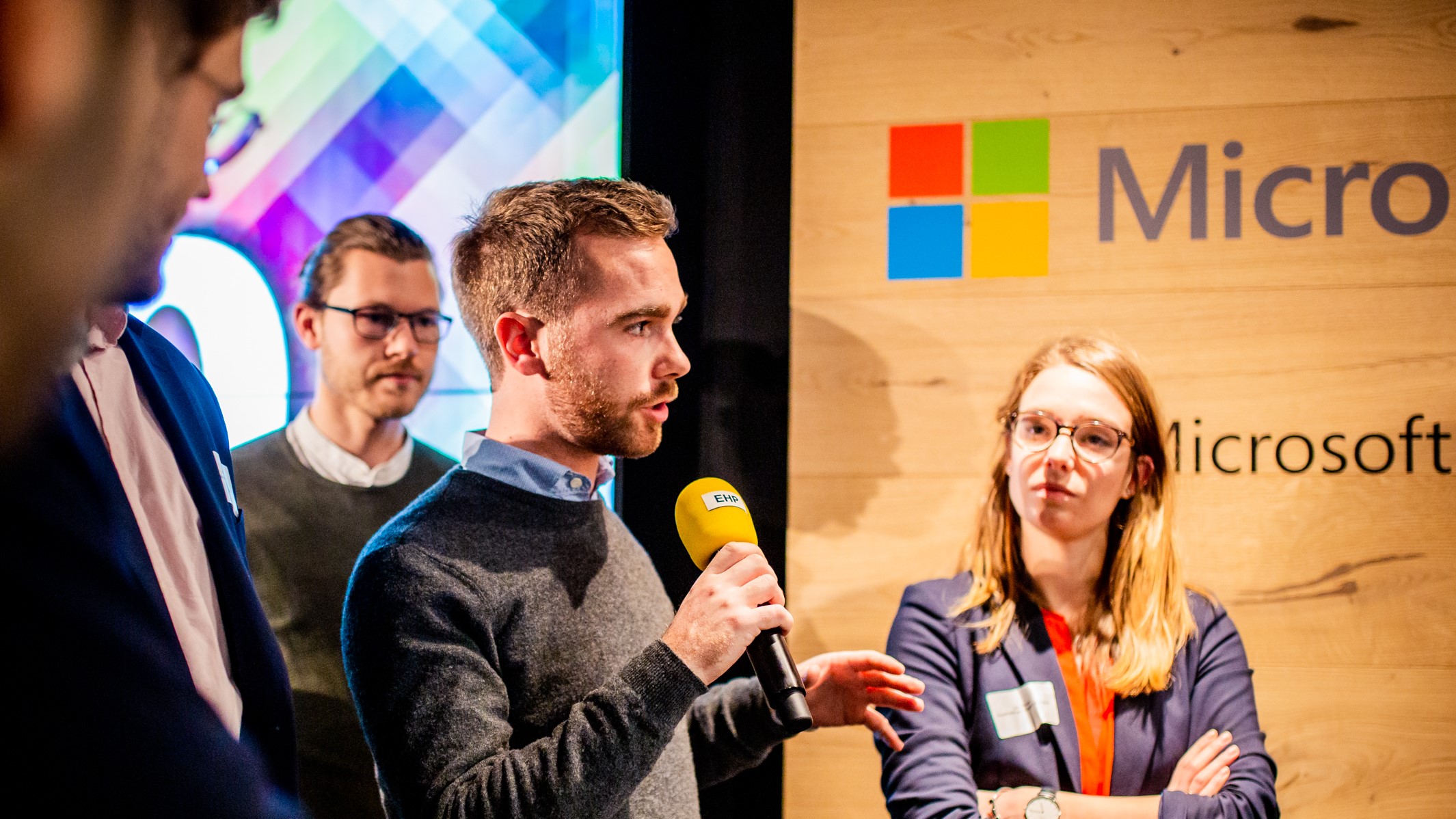May, 18, 2020
EHP Digital Plenary: Enhancing health policies and structures for Europe
Young health leaders from across the EU connect with experts to review policy recommendations
COVID-19 has not slowed the pace of the fifth European Health Parliament (EHP). On the contrary, it has taken on a new form and given the participants a new sense of urgency, as this year’s third EHP Plenary went digital on April 29, convening young health leaders from all over Europe who presented their ideas to progress Europe’s health policy agenda.
EHP health leaders pitched their policy proposals to an expert review panel who offered advice and perspectives to each of the five EHP Committees. When finalised, the EHP will move into its advocacy phase to ensure that EU policy makers with the power to make widescale improvements can use these recommendations to help solve major health challenges across Europe. As Europe and the world grapple with a global public health crisis, one which requires patients and citizens to act together for the common good and one in which we have all looked for digital solutions to adjust to a new normal, the EHP’s original mandate to think global, think patient and think digital has never been more relevant. With these themes as a guiding light, each committee presented a well-developed working proposal to a panel of experts in order to receive their advice and unique perspective.
The Tackling Cancer Committee, led by Judith Fernandez, called for harmonisation of EU initiatives as a way to tackle the severe inequalities affecting different stages of cancer treatment in Europe. The importance of having robust national and European cancer plans in place was emphasised. Key issues highlighted by speaker, Charis Girvalaki, EU Affairs Manager at the European Cancer Patient Coalition (ECPC) included: breaking barriers to access to treatments; supporting innovations such as AI; and projecting patients’ and survivors’ perspectives more clearly to policy makers and the public.
Tatiana Dias, Chair of the Interconnected Care Committee, called for the creation of a reliable and safe health data-sharing infrastructure and ensuring training for health professionals and citizens. Dr. Petra Wilson, Managing Director at Health Connect Partners and Senior Advisor for Healthcare at FTI Consulting, complemented the committee’s proposal. She stressed the importance of availability, accessibility and portability of data to allow maximum cross-border connectivity, that will overcome existing obstacles.
The Mental Health and Healthy Workforce Committee’s proposal, presented by Chair Fanni-Laura Mäntylä, focuses on strengthening the EU’s Occupational Safety and Health legislation and its ‘economy of wellbeing’ approach, to streamline implementation by applying specific tools and best practices. “Health equals wealth, and that especially includes mental health,” said Birgitta Sacrédeus, Member of the European Committee of the Regions. She encouraged this EHP Committee to find ways to ensure cooperation between Member States, trade unions, NGOs and other stakeholders.
The Committee on Europe as an Innovation Hub, chaired by Evangelia Tzika, wants to make digital skills more universally accessible across all EU populations, with the goal of reducing ‘digital inequality’. Here, a key challenge is enabling better access to health data and improving its management. “Solving this problem will improve health-focused R&D”, Evangelia said during her session. Dr. Anna Lönnroth, member of DG Research and Innovation at the European Commission, stressed the importance of involving a wide range of actors to support research funding that will increase coordination at all levels.
Federico Facchin, Chair of the Sustainable and Healthy Lifestyles Committee, presented a recommendation for a pan-European healthcare system, that will boost healthy living conditions and increase the youth voice in public health decision making. Nikolai Pushkarev, Policy Coordinator on Food System & NCD Prevention at the European Public Health Alliance (EPHA), commented: “despite the COVID crisis, we need to focus on the future”. This means framing solutions strategically, making choices and decisions based on evidence, and experimenting with new ways to progress public health. Acting in these areas is key to tackling major inequities faced by many citizens across the EU today, he said.
Armed with the reviewers’ expert advice, the EHP5 Committees will now refine their strategies, and present their innovative policy recommendations in September for policy makers to act upon.





